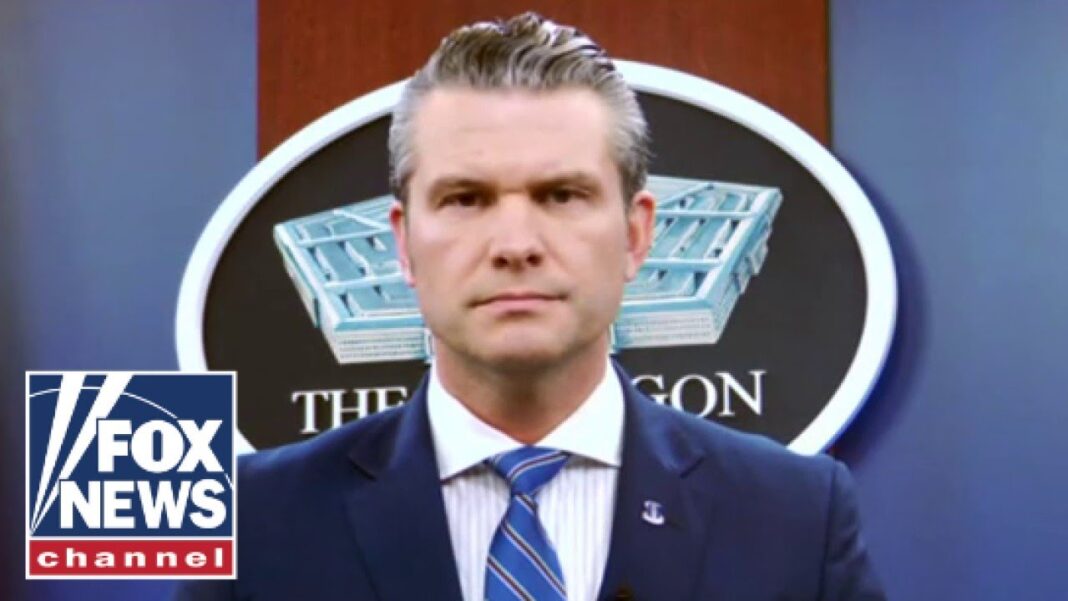‘If they go down, we’ll go down,’ said National Economic Council Director Kevin Hassett.
President Donald Trump’s foreign trade policy is built on the principle of reciprocity, not protectionism, White House economic adviser Kevin Hassett said on Monday.
He emphasized that U.S. tariffs are meant to match those imposed by other nations, not provoke trade wars.
“If they go down, we’ll go down,” Hassett said in an interview with CNBC on Feb. 10, a day after Trump announced 25 percent tariffs on all steel and aluminum imports into the United States.
With renewed scrutiny over Trump’s trade policies and speculation about a multi-front trade war, Hassett, who is director of the National Economic Council, said that the United States has long faced unfairly high tariffs from its trading partners.
“Almost every trading partner has much higher tariffs than we do,” Hassett said, adding that only Britain maintains tariffs roughly in line with U.S. rates. He noted that Canada and Mexico also technically fall into this category due to the United States-Mexico-Canada Agreement (USMCA), which eliminated most tariffs on North American trade.
Hassett singled out the European Union (EU), Taiwan, and India for imposing significantly higher tariffs on U.S. goods—roughly 2 to 3 percent higher in the EU, 10 to 11 percent in Taiwan, and around 20 percent in India. He described India’s rates as “lockout rates” aimed at restricting U.S. market access.
“President Trump believes that, at the very least, everybody should agree that if they’re charging us 20, then we should charge them 20, and then if they go down, we’ll go down,” Hassett said. “But that’s the idea of reciprocity in the tariff space.”
Hassett’s remarks come days before Indian Prime Minister Narendra Modi arrives in Washington for a two-day visit. The meeting follows Trump’s past criticisms of India as a “very big abuser” in trade, with the president urging India to buy more American-made goods to address trade imbalances.
Two-way goods trade between the United States and India totaled $132.7 billion in 2022, with U.S. exports at $47.2 billion and imports from India at $85.5 billion, resulting in a U.S. goods trade deficit of $38.4 billion, according to the Office of the United States Trade Representative.
By Tom Ozimek






